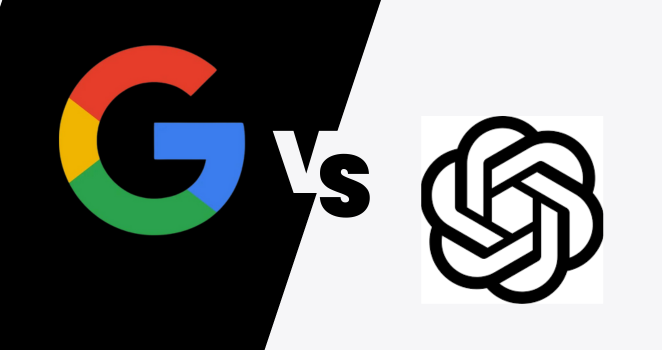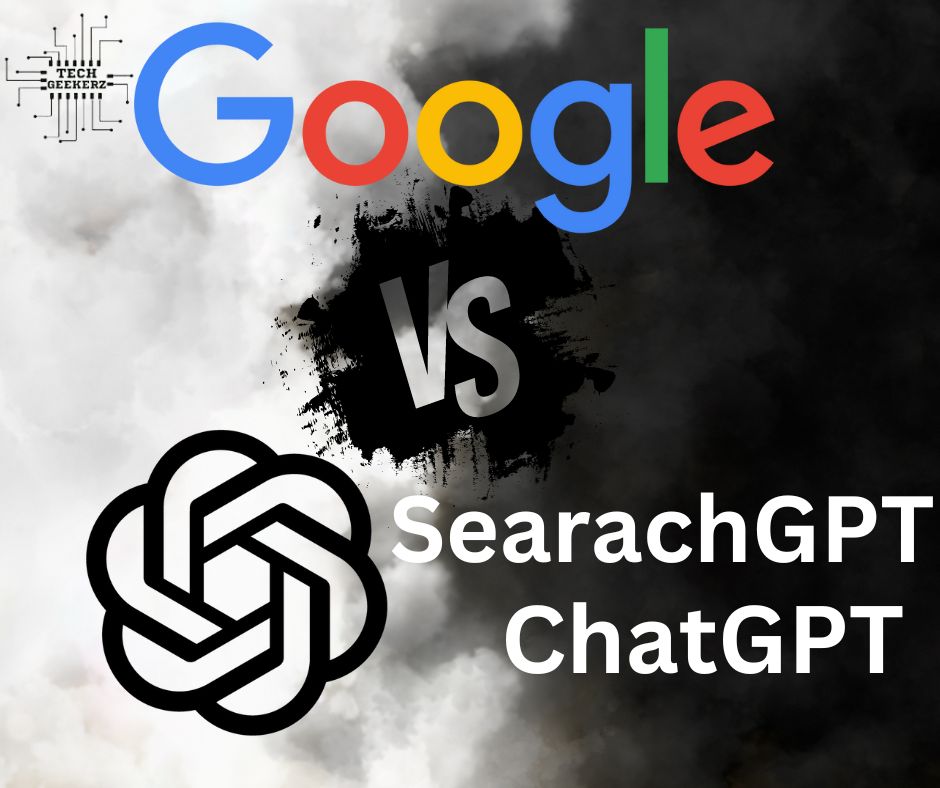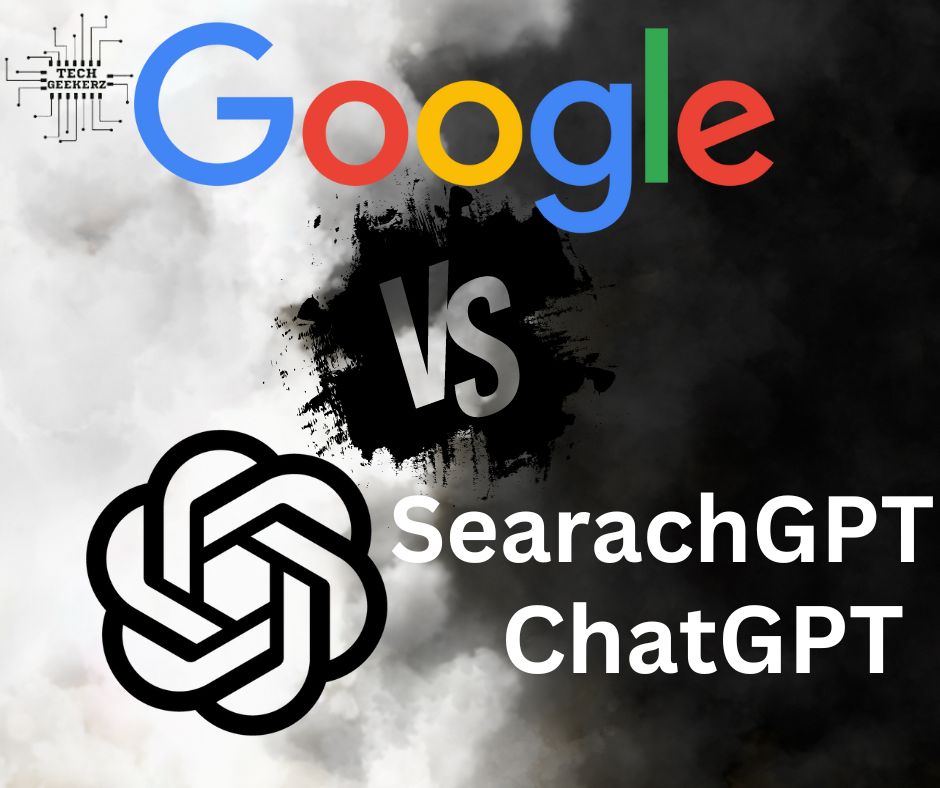
Table of Contents
Introduction
SearchGPT and Google Search n today’s digital age, explore technology and the backbone of our interaction with the internet. Whether it’s finding the best dinner or doing an in-depth research on a business, search engines have become an indispensable part of our lives with the top two names in this context being SearchGPT and Google Search. While Google Search has been a household name for decades, advanced AI-powered SearchGPT is making waves with its new platform. This article delves into the intricacies of both, comparing their technologies, benefits, and future prospects.
What is SearchGPT
Origins of SearchGPT
SearchGPT is a complicated AI-driven search generation advanced through OpenAI. It leverages the strength of the GPT (Generative Pre-skilled Transformer) structure to offer extra accurate and context-aware search effects. Unlike conventional serps, SearchGPT specializes in information the user’s purpose and handing over customized solutions.
Core Technology Behind SearchGPT
The core of SearchGPT lies in its natural language processing (NLP) capabilities. It uses deep learning models trained on vast amounts of text data to understand and generate human-like responses. This allows SearchGPT to comprehend complex queries and provide relevant information, making it a game-changer in the search technology landscape.
What is Google Search?
Evolution of Google Search
Google Search, launched in 1997, revolutionized how we access information on the internet. It introduced algorithms that ranked web pages based on relevance and quality, transforming the way we retrieve information. Over the years, Google Search has evolved, incorporating AI and machine learning to enhance its capabilities.
Key Features of Google Search
Google Search is renowned for its speed, accuracy, and vast database. It offers features like snippets, knowledge graphs, and personalised search results. Its integration with other Google services, such as Maps and YouTube, further enhances user experience, making it a comprehensive tool for information retrieval. SearchGPT and Google Search. SearchGPT and Google Search
Comparison of SearchGPT and Google Search

Search Algorithms
Google Search uses PageRank and other complex algorithms to rank web pages based on relevance and authority. In contrast, SearchGPT utilizes NLP models to understand the context of queries and generate precise answers. While Google relies on indexed web pages, SearchGPT draws from a vast dataset to provide responses.
User Experience
Google Search offers a familiar interface with various tools and features to refine searches. SearchGPT, on the other hand, provides a conversational experience, making it feel more like interacting with a knowledgeable assistant rather than a search engine.
Data Privacy
Privacy concerns are paramount for both technologies. Google collects user data to personalize search results, which raises privacy issues. SearchGPT, while also handling user data, emphasizes data security and anonymization to protect user information.
Advantages of SearchGPT
Natural Language Processing
SearchGPT’s strength lies in its NLP capabilities. It can understand and respond to complex queries, making it more intuitive for users who prefer conversational search.
Contextual Understanding
Unlike traditional search engines, SearchGPT excels at understanding the context of queries. This means it can provide more accurate and relevant answers, reducing the need for users to sift through multiple search results.
Personalization
SearchGPT can tailor responses based on individual user preferences and history, offering a highly personalized search experience.
Advantages of Google Search
Extensive Database
Google’s extensive database ensures that users can find information on virtually any topic. Its vast index of web pages is unmatched, making it a reliable source for diverse queries.
Proven Track Record
With decades of experience, Google Search has a proven track record of reliability and accuracy. Its continuous improvements and updates keep it at the forefront of search technology.
Integrated Services
Google Search seamlessly integrates with other Google services, enhancing functionality and providing a unified experience across platforms.
Use Cases for SearchGPT
Academic Research
SearchGPT is particularly useful for academic research, providing detailed and contextually relevant information on complex topics.
Customer Support
Businesses can leverage SearchGPT for customer support, offering instant and accurate responses to customer inquiries.
Content Creation
Content creators can use SearchGPT to generate ideas, research topics, and even draft articles, making it a valuable tool in the creative process.
Use Cases for Google Search
Everyday Information Retrieval
From finding local businesses to looking up recipes, Google Search is the go-to tool for everyday information retrieval.
Business Solutions
Businesses use Google Search for marketing, SEO, and finding industry-specific information, making it an essential tool for business operations.
Educational Resources
Students and educators rely on Google Search for accessing educational resources, research papers, and learning materials.
Challenges and Limitations of SearchGPT
Computational Resources
Running SearchGPT requires significant computational resources, which can be a barrier for widespread adoption.
Bias in AI Models
AI models, including SearchGPT, can inherit biases from the data they are trained on, leading to potential issues in the accuracy and fairness of search results.
Real-time Information Updates
Unlike Google, which constantly updates its index, SearchGPT may struggle with providing real-time information, impacting its effectiveness for time-sensitive queries.
Challenges and Limitations of Google Search
Ad-based Revenue Model
Google’s reliance on ads can sometimes lead to biased search results, prioritizing sponsored content over organic results.
Information Overload
The vast amount of information available on Google can be overwhelming, making it challenging for users to find the most relevant results.
Privacy Concerns
Google’s data collection practices have raised privacy concerns, with users wary of how their information is used and shared.
Future Prospects of SearchGPT
Advances in AI
As AI technology continues to advance, SearchGPT is poised to become even more powerful, offering more accurate and nuanced search capabilities.
Expanding Applications
SearchGPT’s applications are likely to expand beyond search, influencing areas such as virtual assistants, automated customer service, and more.
Integration with Other Technologies
Future iterations of SearchGPT could integrate with other technologies, such as augmented reality and IoT, providing a seamless and immersive user experience.
Future Prospects of Google Search
AI and Machine Learning Integration
Google Search will continue to integrate AI and machine learning, enhancing its ability to understand user intent and deliver personalized results.
Enhanced User Personalization
Google aims to offer even more personalized experiences, tailoring search results based on user preferences and behavior.
Evolution of Search Interface
The search interface will evolve, incorporating more interactive and visual elements, making the search experience more engaging and intuitive.
Conclusion
Both SearchGPT and Google Search represent the forefront of search technology, each with its unique strengths and challenges. While Google Search offers a robust and reliable platform with a vast database, SearchGPT introduces a new era of conversational and context-aware search. The future of search technology is bright, with both platforms set to evolve and innovate, transforming how we access and interact with information.
Also Read on more Topics lik : Best Profitable Niches Freelancing in 2024 , What Is Web 3.0? , Chat GPT4 Release TOP 12 Google Analytics Alternatives for 2024 Tesla Cybertruck Is Challenging The Whole Market 2024. Top Digital MarketingTrends For Business 2024 Auto Expo 2023 Live Updates: Launches, Showcases, & More What is Profile Creation Sites in Off-Page SEO? visit Techgeekerz





